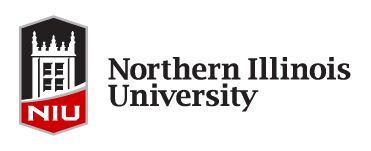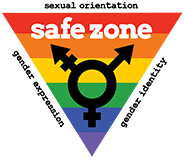
Content note: discussion of violent sexual assault and victim-blaming.
.
.
.
.
.
A student was violently sexually assaulted by an acquaintance this weekend at NIU (LINK to article). The student was working on a final project for school when the attacker stopped by, physically attacked and sexually assaulted her, finally dropping her off at the local hospital.
To their credit, the university police connected the victim immediately with services from Safe Passage and took immediate steps to ban the attacker both from campus and online courses. We are so grateful for their thoughtful, victim-centered statement and actions following the attack.
The survivor was back at school on Monday, finishing her art project. Some online took this as an opportunity to question her credibility, wondering how someone could go through a traumatic and violent experience and return immediately to work.
If there is one lesson we should learn from survivors and from the outpouring of survivor stories in the #MeToo movement, it is that each person’s experience is different. One survivor may need weeks, months, even years to be able to return to “normal life”. Some may experience triggers and trauma for the rest of their lives. Some may be ready to pick up where they left off the next day. One survivor may break down in tears, one may experience anxiety. Another may laugh, brush off the attack, or be in a hurry to return to life as usual. No one response is the “right” response. No response makes a survivor’s story any less credible.
If you’ve been assaulted, know that you are allowed to respond however feels right to you. You are the expert on yourself. You are the architect of your healing journey. No one response is more or less valid and no response means you are more or less a survivor. You are equally entitled to belief, support, and help no matter how you respond to trauma.
Survivors should not have to prove that they “deserve” our support. If you’ve never been a victim of sexual violence, we would invite you into journey of learning how important it is to support survivors. Victim-blaming is a second form of trauma that survivors often have to face but when you start by believing, you tell survivors that they are not alone.
At Safe Passage, we have a commitment to Start By Believing. This means if you tell us you’ve been a victim of violence, we will always believe you, support you, and help you in whatever ways you need. We are available 24/7 at 815.756.5228. You are not alone.



